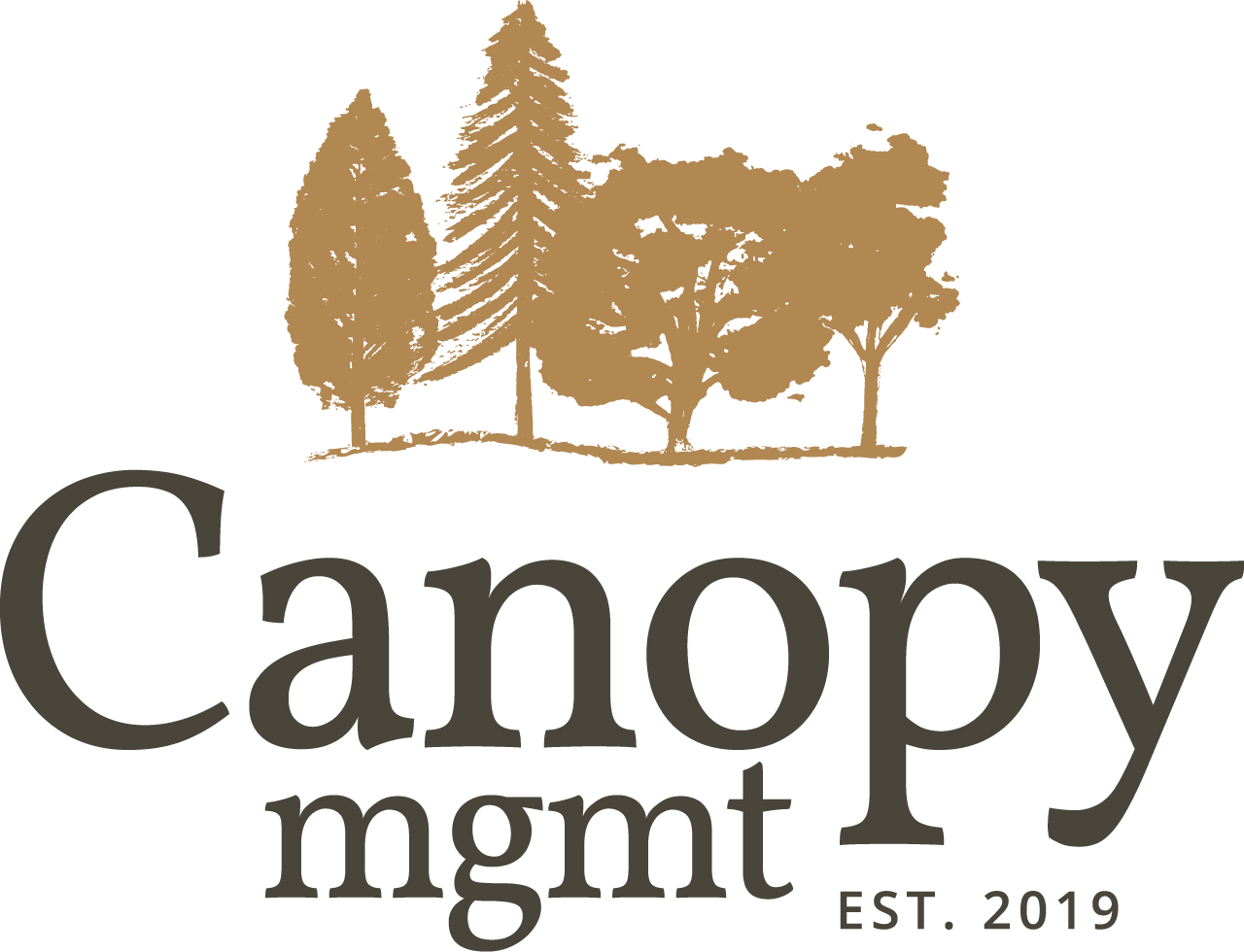From research to financing, here’s everything you need to know how to get into property investment
Investing in property can be one of the smartest and most lucrative ways to build wealth, but for beginners, it often feels like a complicated puzzle. Questions like “Where should I start?” and “How do I pick the right investment property?” are common and understandable. The truth is, while there’s a pretty intense learning curve, once you understand the basics, property investment opens up a world of opportunities that can provide both short-term gains and long-term financial security.
Whether your goal is to generate passive income through renting out properties, diversify your investment portfolio, or leverage real estate to build long-term wealth, knowing how to navigate the property market is important. But don’t worry—if you’re new to real estate investing, we’re here to walk you through everything you need to know. We’ll cover every important step, including understanding property investment for beginners, choosing the best investment property for sale, securing financing, and the all-important process of managing your property.
At Canopy Mgmt, our goal is to help you feel confident about your next steps, no matter if that’s researching neighbourhoods, connecting with real estate agents, or learning about property management in Winnipeg (or wherever you plan to invest!).
If you’re ready to unlock the potential of real estate and set yourself up for a brighter financial future, then let’s take a look at the exciting world of property investment and help you make your first move.
1. Do your research
Before you launch yourself headfirst into property investment, carry out thorough research to set yourself up for success and avoid mistakes. Real estate success hinges on timing and location, so start by understanding both national and local markets.
Key factors include the property’s location, local economy, job growth, and population trends. For instance, investing in a growing city like Winnipeg, known for its strong job market, can lead to higher rental yields and property appreciation. Conversely, areas with stagnant growth might offer fewer opportunities for income.
Examine property types in demand, whether single-family homes, multi-unit buildings, or condos. Research current trends in investment property for sale, including recent sale prices and market demand. This helps gauge what renters or buyers are interested in, guiding your investment decisions.
Also, engage with local real estate professionals, like us. Agents, brokers, and property managers can provide valuable insights into neighbourhoods, price trends, and upcoming developments. Their expertise can help you determine whether a property is a good investment or if it holds potential for future gains.
2. Assess your budget
Investing in real estate needs some careful financial planning. Before making any moves, we recommend that you understand your budget and financial capabilities from a 360-approach.
First, evaluate your finances to determine how much you can afford to invest. This includes looking at your savings, income, and existing debts. Establish a budget that accounts for not only the purchase price but also additional costs like property taxes, insurance, maintenance, and potential renovations. A common guideline is to have a financial cushion that covers at least 3-6 months of expenses for the property.
Next, explore financing options. Traditional mortgages are a popular choice, but there are other avenues available, such as private lenders, hard money loans, or even using home equity. Each option has its benefits and drawbacks, so consider your long-term financial goals and choose the option that aligns with your investment strategy.
It’s also wise to get pre-approved for a mortgage. This gives you a clear picture of how much you can borrow and strengthens your position when making an offer. Lenders will assess your credit score, income, and financial history, so triple-check these are in good shape before applying.
Last, but not least, factor in the potential return on investment (ROI). Calculate how much income you expect to generate from rent or resale, and compare this against your costs. A positive ROI indicates a sound investment, while a negative ROI might suggest re-evaluating your strategy and starting again.
3. Choose the right investment-property
Unsurprisingly, selecting the right property is the main driver to the success of your real estate investment. The main aim is to find one that aligns both with your investment goals and market conditions.
Start by defining your investment objectives. Are you looking for a property to rent out for steady income, or are you interested in flipping it for a quick profit?
Here are some factors to seriously consider:
- Location: This is often the most important factor in real estate. Look for properties in desirable neighbourhoods with strong rental demand or potential for appreciation. Proximity to amenities such as schools, shopping centres, and public transportation can significantly boost a property’s attractiveness in the eyes of potential tenants or buyers. Find a location in Winnipeg here.
- Property type: Decide if you want to invest in single-family homes, multi-unit buildings, condos, or commercial properties. Each type has its own set of benefits and challenges. For example, single-family homes may attract long-term tenants and require less management, while multi-unit buildings can offer higher rental yields but generally come with more complex management needs.
- Property condition: Assess the state the property is in and determine whether it requires significant repairs or renovations. A fixer-upper might have a lower purchase price, but if you’re tempted, be sure to budget for renovation costs and consider if you’re prepared for the additional work. Expert renovation tips for maximizing ROI.
- Market trends: Analyze recent sales data and market trends in the area. Look at how long properties stay on the market, their selling prices, and rental rates. This information will help you gauge whether the property is priced competitively and if it aligns with current market demand.
- Rental income potential: For rental properties, compare the potential rental income with your mortgage payments, property management fees, and other expenses. The aim is to guarantee a positive cash flow. Increase Rental Income—strategic pricing strategies for landlords
4. Financing for an investment property
Securing the right financing is a critical step in property investment. Different options can impact your investment’s profitability and cash flow.
Traditional mortgages
Conventional loans typically require a downpayment of 20-30% of the property’s value. When the market is stable, they provide better interest rates and are suitable for long-term investments. The larger the investment property downpayment, the higher the ROI will be.
Alternative loans
Hard money loans or ‘bridging loans’ are short-term, high-interest loans based on the property’s after-repair value—ideal for flipping. Private loans from individuals might also be an option but require careful consideration of terms. Both of these options need careful scrutiny, especially if you’re going in as a beginner.
Home equity loans
If you own a home, you can borrow against its equity to fund new investments. This can be a cost-effective way to access capital but adds risk if property values decline.
See here for more information on home equity loans and buying investment property.
Investment property loans
Some lenders offer specialized loans for purchasing an investment property, often with stricter requirements and higher interest rates.
Evaluate each financing option based on your investment strategy and financial situation. We highly recommend that you consult with a financial advisor or mortgage broker, since they can help you choose the best financing method and ensure you understand the terms and implications.
Final takeaway—research, research, research
Setting out on a property investment journey can be both exciting and rewarding, but don’t forget about the legwork. By doing your research, understanding the local real estate market, and exploring various financing options, you set the foundation for a successful investment. Remember, evaluating potential properties carefully guarantees that you make considerate choices that align with your financial goals.
Property investment is a long-term project that requires intricate planning and strategic execution. There isn’t always a quick way out, but if you’re buying an investment property to rent out or flip, the right approach can lead to significant returns and growth. Stay informed, consult with professionals, and continuously assess your strategies to stay ahead in the competitive market.
For expert guidance and property management services in Winnipeg, reach out to us at Canopy Mgmt and we’ll be there every step of the way.
Property management in Winnipeg
If you’re wondering about what happens after you buy the your first property, let us know any questions you may have. Questions like:
- What happens with the maintenance? Do you or the tenant takes care of it?
- How do I get tenants and take care of their payments?
- How do I know what to charge for rent?
Luckily, we have all of the answers and we take care of it all! Take a look at our services and pricing for more details.


